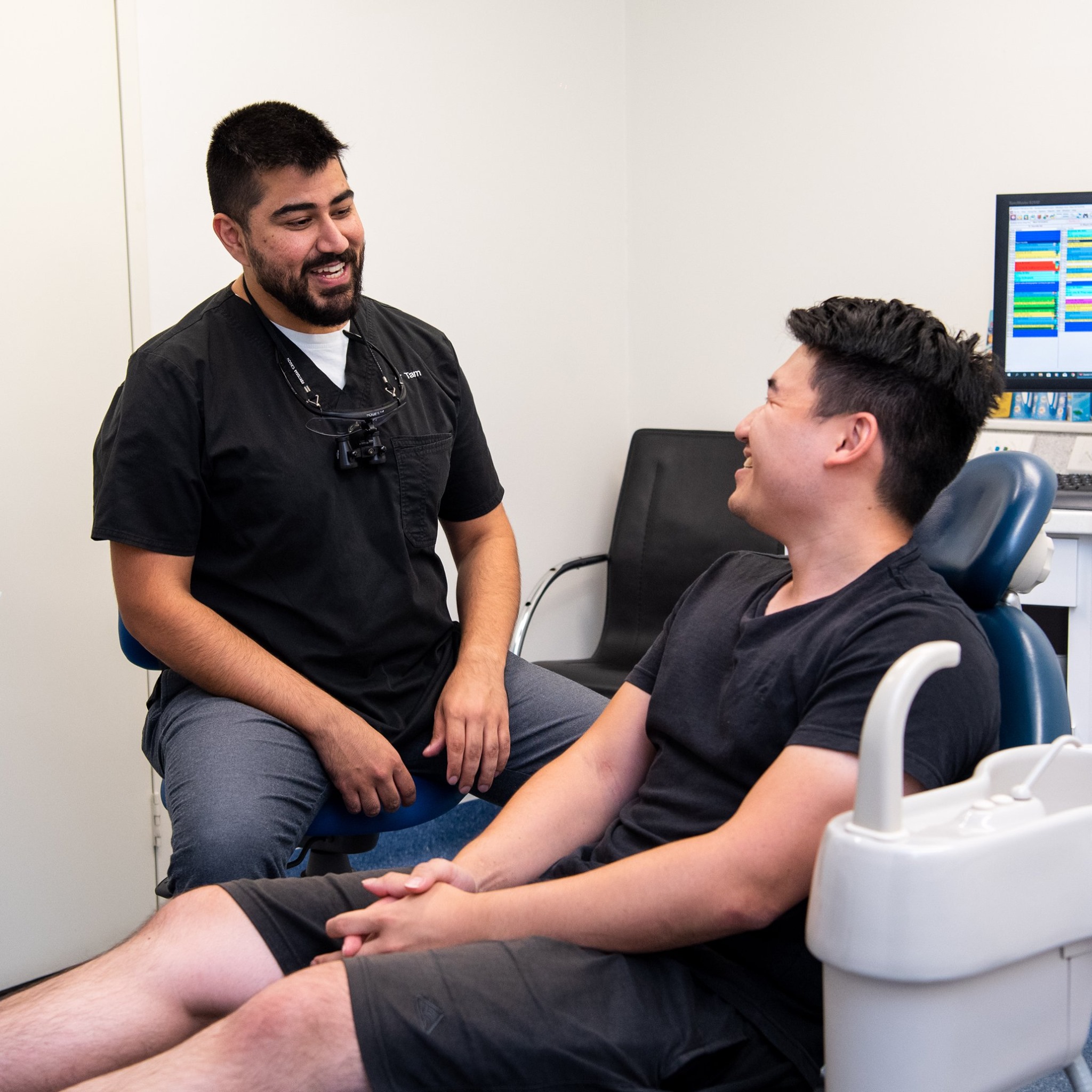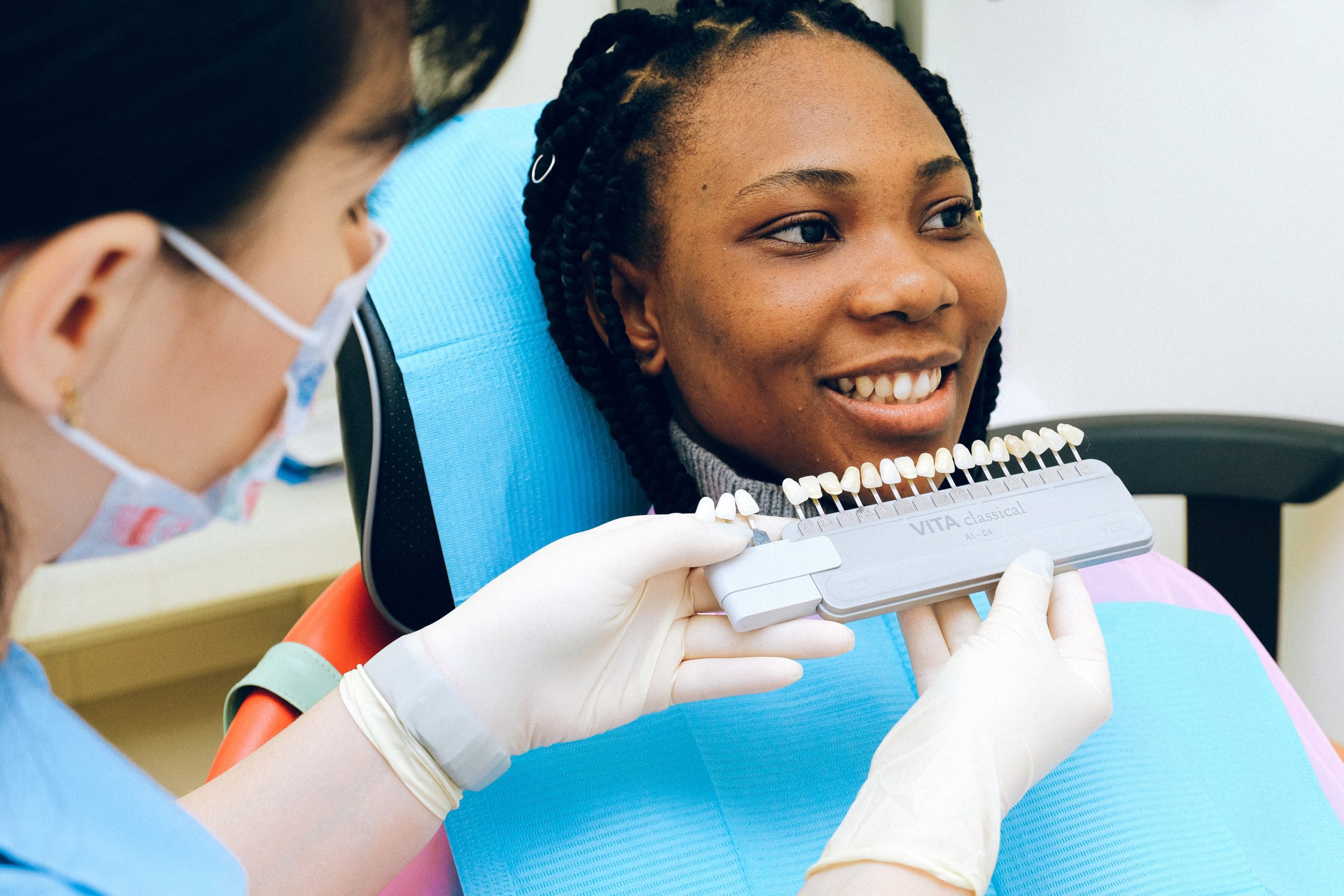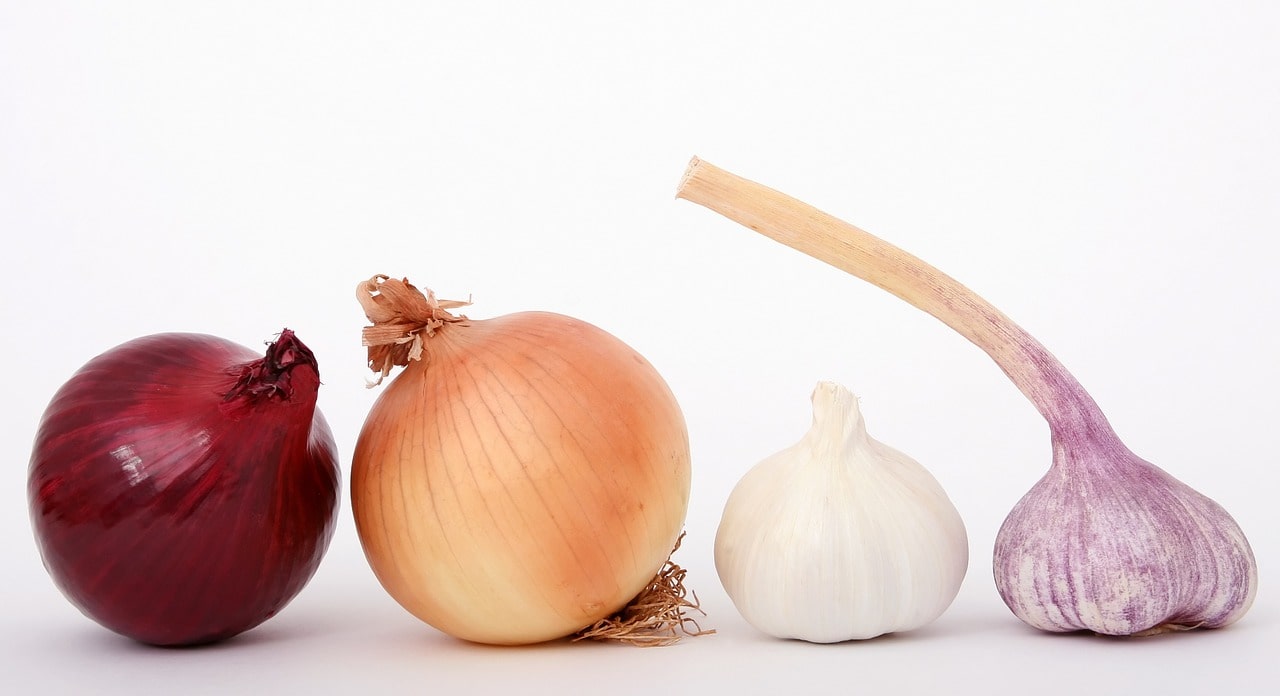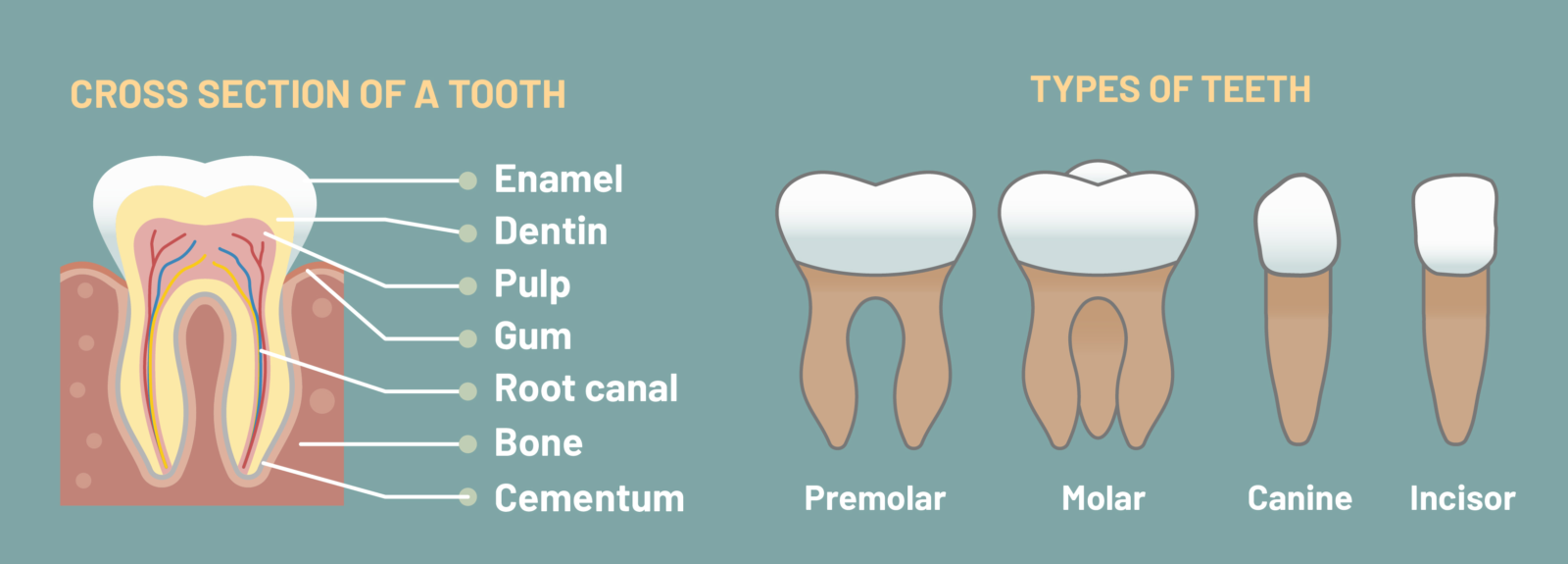Find yourself waking up with a headache? Or experiencing tight jaw muscles? These are just some of the symptoms of you might be grinding or clenching your teeth (also known as bruxism).
Our teeth have been designed to help us eat, talk and smile with confidence, they aren’t however, designed to be forcefully grated against each other or clenched for too long. That said, it’s quite normal if you grind or clench your teeth from time to time, many of us do it without even realising, especially in our sleep.
However, when it becomes a regular occurrence such as on a nightly basis, it can cause persistent headaches, jaw pain and muscle stiffness, and potentially more serious damage to your teeth and jaw.
The telltale signs you are grinding or clenching your teeth
- If you wake up with a headache, jaw pain or soreness, facial muscle soreness, or teeth pain, you’re grinding or clenching your teeth in your sleep.
- Your back teeth appear flattened or look like they have small ‘pot holes’ on them.
- Experience tooth sensitivity or pain when eating cold and hot foods or drinks
- Earaches have become a regular occurrence
- Have problems with opening your jaw really wide
- Hear a clicking sound coming from your jaw when you’re trying to eat
- Chipped, fractured or cracked teeth
What causes teeth grinding?
There can be multiple reasons why you might be grinding your teeth including stress, anxiety, anger, frustration or tension, depression and sleep disorders. It can also be related to heavy consumption of alcohol and caffeine. Unfortunately, there is, however, very little evidence which states that these are the direct causes of teeth grinding.
Bruxism or teeth grinding, has been found more frequently in people who snore or suffer from some form of sleep apnea and in people who regularly smoke, drink alcohol, use recreational drugs and caffeine.
What problems can it cause if left untreated?
In most cases, if you grind or clench your teeth occasionally it will most likely pass without causing any serious complications. However, severe bruxism may result in:
- Severe facial or jaw pain
- Damage to your teeth including fractures and cracking
- Damage to teeth restorative treatments such as crowns, fillings, veneers and dental implants
- Wearing down and flattening of teeth
- Tension-type headaches
- Loose, painful or sensitive teeth
- Temporomandibular joint disorders (TMJ)
How to stop grinding or clenching your teeth
It depends on what’s causing it. With clenching and grinding mostly linked to emotional stress or anxiety, there are some very simple ways to help reduce stressful situations in your life. However, it is always important to have your dentist evaluate you in a comprehensive exam and develop a treatment plan that’s tailored to you.
- If it’s stress and anxiety, try and let go of negative thoughts. We know it sounds easier said than done, but try taking 5 minutes each night before bed to write down your feelings. This may help calm the negative recurring thoughts that may cause nighttime clenching.
- According to the Sleep Health Foundation, counselling may also help to relieve stress in your life.
- Improving the quality of your sleep and reducing the use of stimulants, and making sure you have a good bedtime routine can help control sleep bruxism.
- Try asking your GP for options on how to cope and reduce stress.
- Start exercising!
- Cut down on foods and drinks that may contain caffeine
- Avoid alcohol and smoking
- Practice mindful awareness. Train yourself not to clench or grind by being mindfully aware that you’re doing it and stopping yourself. Position the tip of your tongue between your teeth to help train your jaw muscles to relax.
- Speak to your dentist about getting a night splint or mouthguard
When to contact your dentist
If you’re experiencing any of the symptoms mentioned above and you suspect teeth grinding or clenching is to blame, we highly recommend booking an appointment with your dentist or contacting Tandara Dental Centre today. Our dentist will be able to evaluate your teeth and determine a solution that’s best suited to your individual needs.
This article is intended to promote awareness and understanding about the general health surrounding teeth grinding and clenching. It is not intended to be a substitute for professional advice, diagnosis or treatment. We always recommend contacting your dentist with any questions you have or if you’re experiencing some form of bruxism.











